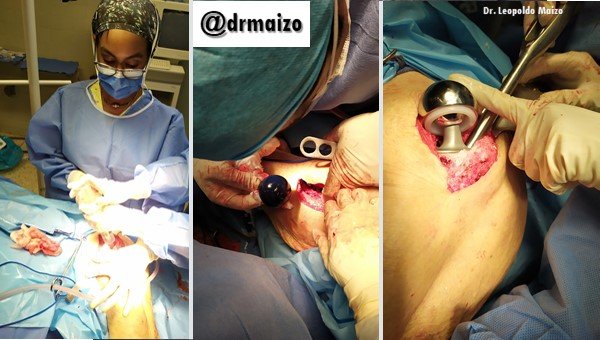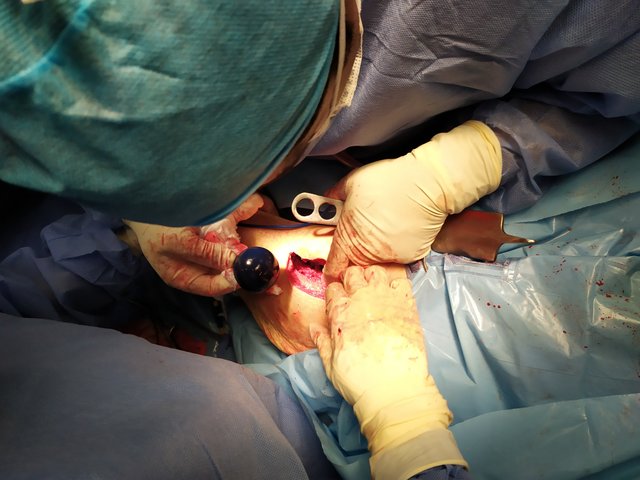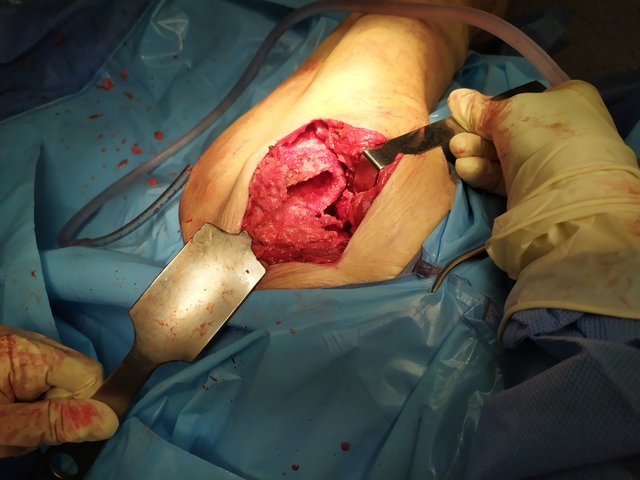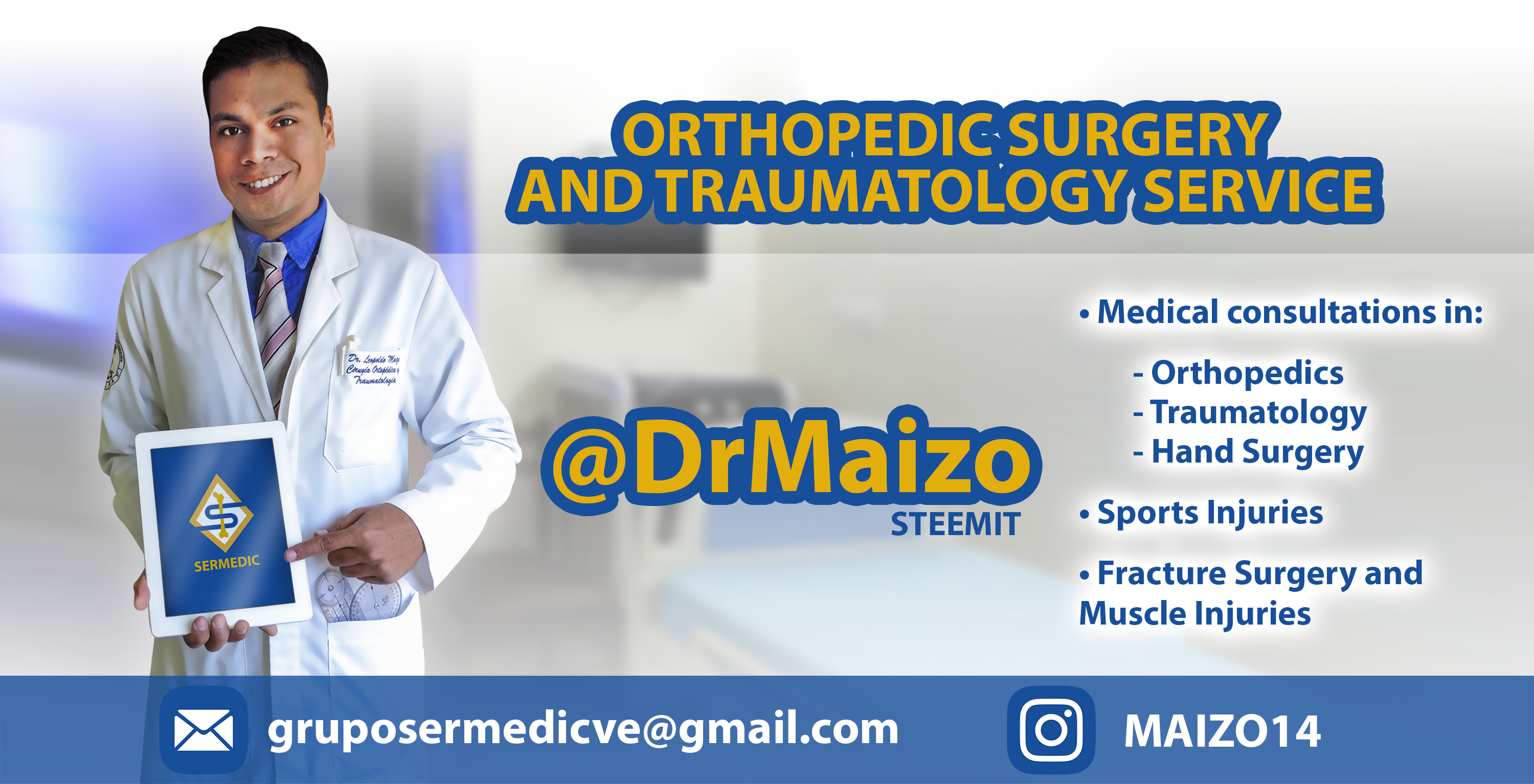Partial Hip Replacement. Differences.

Partial Hip Replacement
A partial hip replacement is a surgical procedure that replaces half of the hip joint. Surgery involves replacing the head of the femur that has worn out due to arthritis, degenerative joint disease, or a severe joint fracture. Normal movements become painful and limited when joint wear is advanced.
A small incision is made around the hip joint. The incision is usually made in the front or side of the hip. The muscles, tendons, and joint capsule move from the joint to expose the head of the femur and acetabulum.


Differences between total and partial hip prostheses
Basically, the operation of hip replacement by prosthesis can be of total or partial type. The difference between them is that the total prosthesis replaces the two key components of the hip, while the partial prosthesis only replaces the femoral condyle with stem. The total hip prosthesis also acts on the socket of the pelvis; from the head of the femur bone to the anchorage of the pelvis.
A hip replacement intervention may be partial when the part being replaced is the component of the femoral condyle with the stem, i.e. the head of the femur and not the acetabular cavity. Therefore, it does not replace the entire joint but a specific area.
The reasons that may determine that this intervention is necessary are the wear of this area by some degenerative disease or the specific injury of the femoral condyle by some specific accident. In both cases, the rest of the elements that make up the hip are in perfect condition or it is not necessary to reach the replacement before trying other treatments to strengthen the bone that also prevent pain in patients.


Other tips
On the other hand, there are certain issues within the surgery itself that may vary depending on whether the total or partial replacement of the prosthesis is carried out: size of the incision, cemented area, postoperative process, etc.
In a usual way, the intervention with total prosthesis is more common in the case of patients who suffer injuries due to the wear and tear or degeneration produced by osteoarthritis. On the other hand, the partial prosthesis may be more evident in cases of injuries caused by accidents or when the rest of the components have not yet suffered the deep wear produced by degenerative diseases. It is also possible to choose this type of partial intervention in older people who can better tolerate a short surgery and less bleeding. This is a less invasive or aggressive operation, as it avoids replacing the acetabular cavity.
However, there is no single answer to the use of one or another prosthesis since it is the medical team who must evaluate the lesion in all its amplitude and generate the best possible result for the patient.
Dr. Leopoldo Maizo - Orthopedic Surgeon


Firma diseñada por @themonkeyzuelans, contáctalos vía Discord "themonkeyzuelans#9087"
Great projects from the Steemit community:
- My Fundition campaign: https://fundition.io/#!/@drmaizo/6f88ggj8h



.png)
This project is being supported by @Fundition the next-generation, decentralized, peer-to-peer crowdfunding and collaboration platform, built on the Steem blockchain.
Read the full details of Fundition Fund program
Learn more about Fundition by reading our purplepaper
Join a community with heart based giving at its core
Fundition is a non profit project, by supporting it with delegation you are supporting 200+ projects.
50SP100SP200SP500SP1000SP2000SP5000SP10000SP